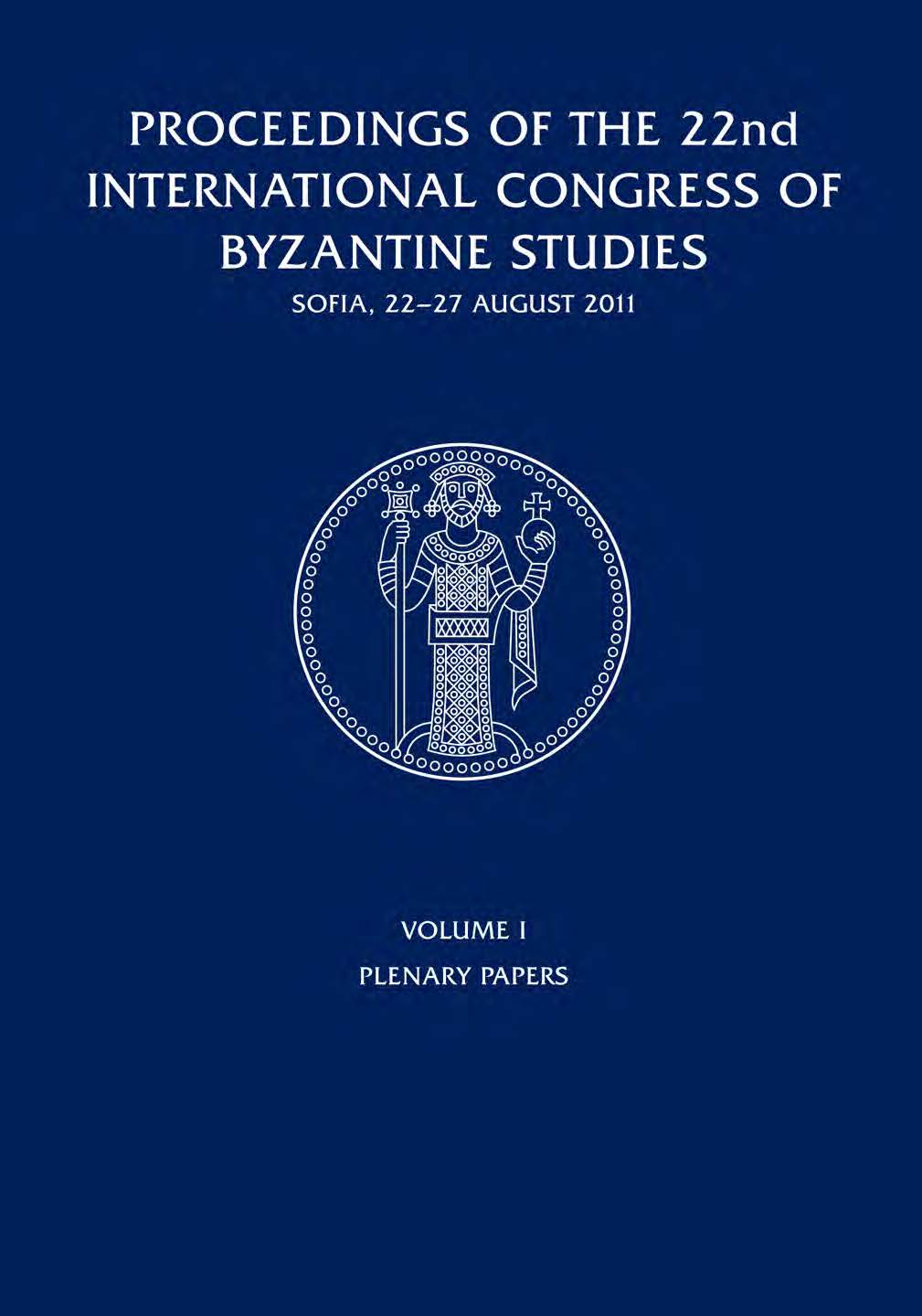
We kindly inform you that, as long as the subject affiliation of our 300.000+ articles is in progress, you might get unsufficient or no results on your third level or second level search. In this case, please broaden your search criteria.

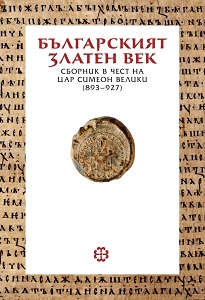


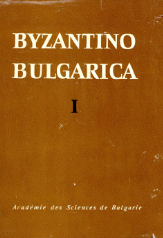
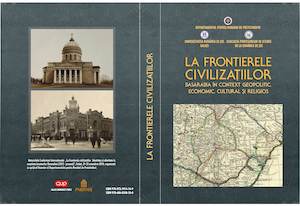
Intenţia noastră în cadrul acestui studiu este aceea de a analiza modul în care s‑a raportat clasa politică românească în perioada 1875‑1878 la ceea ce ar putea fi numit „problema sudului Basarabiei”, adică a judeţelor Cahul, Ismail şi Bolgrad revenite în trupul Moldovei prin Congresul de la Paris din 1856 şi pierdute de către statul român în urma reuniunii internaționale de la Berlin (1878).
More...
Actul unirii Basarabiei cu România implică atât o discuție istorică, cât şi una politică. Intersectarea istorică dintre Rusia şi România este una dintre cele mai complexe din Estul Europei. Practic, în cadrul relațiilor bilaterale regăsim episoade pe care le putem caracteriza drept pagini albe, fără a exagera. Problema anexării Basarabiei în 1812, cea a Tezaurului de la Moscova sau a notelor ultimative din iunie 1940 sunt câteva dintre cele mai importante în acest sens. Pornind de la aceste premise, vom încerca să analizăm poziția diplomației franceze în cadrul dezbaterilor din 1920, observând încă de la început că susținerea Franței a fost una continuă, dar amplitudinea ei oscilantă. Demersul nostru se bazează, în mare parte, pe documentele diplomatice franceze, iar inițiativa nu se vrea una exhaustivă. De altfel, modesta încercare de față îşi propune nu aducerea unor informații absolut noi, atitudinea diplomației franceze fiind cunoscută 8 , ci mai ales, o viziune proprie
More...
Realizarea unirii din 1918, un mare succes pentru naţiunea română, favorizat şi de conjunctura internaţională care a dus la prăbuşirea imperiilor multinaţionale din Europa, nu a însemnat, totuşi, şi o stabilizare a situaţiei politice a României, în context continental. Ataşându-şi noile provincii, Vechiul Regat era obligat să ducă o campanie politică şi diplomatică permanentă la nivel internaţional, pentru a obţine conservarea graniţelor şi păstrarea unui statu-quo teritorial favorabil, în Europa de Est. Acest lucru nu era nicidecum facil, în condiţiile în care ţările vecine, care pierduseră regiuni întregi la finalul războiului, nu se puteau abţine de la strategii revizioniste şi de la acţiuni provocatoare, care ţineau într-o alertă permanentă statul român. Din acest motiv, Bucureştiul trebuia să-şi consolideze, în continuare, legăturile cu foştii aliaţi, şi pentru a-i convinge că unirea „a corespuns unor puternice realităţi istorice şi etno-politice care pătrunseseră în conştiinţa tuturor.
More...
După cum se poate observa, interesul SUA pentru potenţialele evoluţii de la frontiera răsăriteană a României (şi nu numai, analizele de la începutul războiului fiind ample şi fac referire la complexitatea vieţii politice interne şi la opţiunile de politică externă) a fost unul aproape permanent, pentru perioada de început a războiului (1939 – 1940). Mai mult, convingerile exprimate au fost mult mai aproape de realitatea prezentă, uneori anticipând, fără a greşi, evoluţii viitoare. Îndrăznim să apreciem că opiniile formulate, în rapoartele lor, de diplomaţii americani de la Bucureşti, Moscova sau de membri ai Departamentului de Stat au dat dovadă de o luciditate sporită faţă de cele ale autorităţilor române cu care, într-un moment sau altul, s-a realizat un schimb de vederi cu privire la situaţia acelui moment.
More...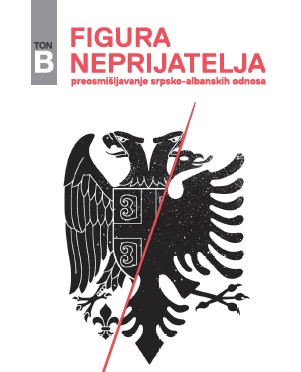
This article explores the attitudes of Serbian intellectuals in relation to Kosovo as a geographic area that gain special status and importance by being infused by symbolic meanings. The article aims at identifying and operationalizing discursive strategies through which the intellectuals use the notion of Kosovo and/or the metaphor "enemy/ the “Other“ figure“. The analysis of statements and writings of the intellectuals focuses on three seminal events of the post-Yugoslav, i.e. post-Milosević’s period, which marked the process of Kosovo independence. The events in question have are the “Kosovo pogrom“ from 2004, Kosovo declaration of independence in 2008 and the signing of the Brussels Agreement in 2013. The article should testify about the dilemmas (or the lack of thereof) among the intellectuals “by fate“ interested or provoked to publicly express their views on “the Kosovo question“ – does by being intellectual one is indebted above all to be loyal to his/her nation and to fight for its “rights“ through intellectual means, or actually to protest against the national and other euphoria and to promote universal values?
More...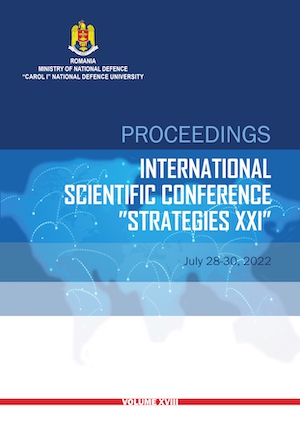
Very little has been relatively studied about the interaction between Finland and Romania. Most existing studies deal with the interwar period and World War II, but there is still room for complementary interpretations. This study focuses on Finns’ perceptions of Romania, especially from the perspective of brotherhood in arms between the two countries. The theme is worth exploring because, during the Second World War, both Finland and Romania considered the development of mutual relations more important than ever before. This study is based on an extensive number of original sources. The analysis shows that there were different attitudes towards Romania as a brother-in-arms, but the attitude was positive in principle. The differences are explained by the type of goals set for the future development of the relationship between Finland and Romania. It is evident that Romania was valued as a brother-in-arms by a wide range of citizens. The Finnish media and the NGOs behind it conveyed a positive image of Romania and emphasized the common interests of Finland and Romania in the ongoing war. However, the Finnish leadership was cautious about developing bilateral relations, as it considered it necessary to strike a balance between Germany and the Western powers. The brotherhood of arms was therefore not allowed to become too close.
More...
Dobrogea Nouă, Dobrogea de Sud or Cadrilater, these are the names under which the southern part of the territory between the Danube and the Black Sea was known, an area that has been, for centuries, at the crossroads of trade routes and the interests of neighboring powers. The province was characterized as an"appendage of Asia, transplanted to Southeast Europe, which opened the steppe gate, as described by AlbertoBasciani (Basciani 2001)As noted by historian Cătălin Negoiță (Cătălin Negoiță 2008) from my student days, precisely because of the extremely fragmented information I had. The moment of the incorporation of this territory into the Romanian state was almost overlooked as if our historians were embarrassed to mention this episode. Even the Balkan wars were not treated extensively before 1989, so the history textbooks were content to record succinctly: the name of Quadrilater became part of the Romanian state». Even more concise was the information about the loss of the province: "Following the signing, on September 7, 1940, of the Treaty of Craiova, Romania ceded to Bulgaria southern Dobrogea, known as the Quadrilater. "All the more so, as if the historians were in a hurry to conclude a subject that did not honor Romania".
More...
From a theoretical point of view, for many decades the discipline of International Relations was dominated by the triad of realism, which remained the overwhelmingly dominant theoretical approach. It was not until 1980 that other political approaches began to gain some momentum. International relations is one of the last areas to accept feminism. This has contributed greatly to its use in almost all areas of research. Compared to other disciplines, the feminist aspect in international relations appeared much later. Feminism is a series of movements aimed at defending equal opportunities for women in the different areas of politics, social rights and other aspects of society. Feminist approaches to international relations became widespread in the late 20th century, and these approaches called for women’s experiences to be ignored from studies of international relations theory. Feminists who study international relations have argued that gender issues apply to international relations. Women succeed through their ambition, diplomacy and oratory to excel in the leadership area, which is the main premise for women to lead fully, dynamically but also in an original way. Throughout history, women have gone through several stages that have finally brought her to the position where the male elite give respect, love and attention to women throughout society. This paper fully demonstrates the vitality and continued viability of feminist projects in a variety of forms and contexts, assesses the challenges facing feminism and strongly advocates its continued relevance to contemporary global politics. The main objective of this paper is to present the importance of feminism today and its role as a paradigm in international relations.
More...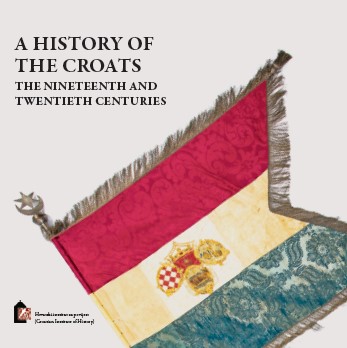
The unstable economic situation with frequent financial crises in developed European countries, years of crop failure, and famine among the lower classes, a widespread dissatisfaction with the political situation, the strengthening of national movements, and the spread of liberal ideas created fertile ground for a new wave of unrests in Europe. The first revolutionary sparks ignited in January 1848 in Palermo, and in February in Paris. In the following weeks, they escalated into a revolutionary fire that engulfed much of Europe. The revolutionary turmoil was especially strong in France, the German and Italian lands, and in the Austrian Empire. Different social strata took part in the revolutionary movements, and their core consisted of the citizenry, craftsmen and merchants, workers and peasants, students, and in some places the nobility (for example, the petty and middle nobility in Hungary). Therefore, their goals were also different. Nevertheless, in most countries the main goals of revolutionary movements imbued with liberal and national spirit were the enactment of a constitution (except in France, which had one), i.e. the establishment of a constitutional monarchy, electoral reforms, expansion of the suffrage, abolition of the feudal order (in the countries east of the Elbe, which still had it), introduction of civil rights and freedoms, and creation of unified nation-states.
More...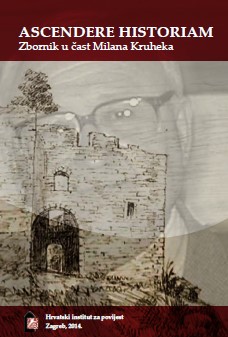
In this paper the author analyses an anonymous report on the situation in Banal Croatia. This paper is composed in German and it refers to the first period of the Croatian-Serbian Coalition. In that report, there is given very detail analysis of the political relations and in the focus of the analysis the estimation of the political influence of the various political parties or groups in the period of the political decline of the old Unionistic party and the appearance of new political formations. The special significance of that report is its description of the various social groups who had crucial role in the contemporary society. This includes the already existent groups, such as higher nobility and civil servants who had expressed the sympathized to Hungarian and Croatian coalition in the context of the traditional connections and dualistic constitution of Habsburg Monarchy.
More...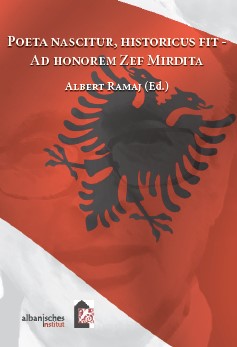
Es ist das Jahr 1912. Im Südosten Europas erreichte der schleichende Zerfall des Osmanischen Reiches seinen Höhepunkt. Nationale Staaten wurden errichtet. Es herrschte ein chaotischer und kriegerischer Zustand. Für die von Albanern bewohnten Gebiete bestand die Gefahr nicht nur darin, den Interessen der Grossmächte, sondern viel mehr auch den territorialen Gelüsten der neuen Nationalstaaten wie Serbien, Montenegro, Bulgarien und Griechenland ausgesetzt zu sein. In dieser Phase gelang es nach jahre-langen Widerständen und Bemühungen auch den Albanern, einen eigenen Nationalstaat ins Leben zu rufen. Dies geschah am 28. November 1912.
More...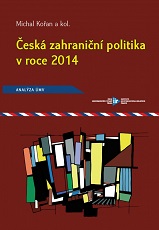
Dvoustranné vztahy mezi ČR a USA odrážely v několika posledních letech nově nastolený referenční rámec dominovaný vzájemnou spoluprací v oblasti bezpečnostní, hospodářské a lidskoprávní. Na rozdíl od dřívější minulosti se z nich nicméně vytratil někdejší romantismus a na české straně opadla přehnaná očekávání ohledně možnosti budování svého druhu „zvláštního vztahu“ s USA. Tento vývoj nicméně přispěl ke snížení rizika významného zklamání a následného zásadního otřesu, který by ohrozil nastolený rámec vzájemné spolupráce, což se ostatně ukázalo i během hluboké politické krize v ČR v první polovině roku 2013. Turbulentní vývoj na české politické scéně poznamenaný politicko-korupčním skandálem, který vyústil až v pád dosavadní Nečasovy středo-pravicové vlády a předčasné volby, ovlivnil česko-americké vztahy jen v omezené míře. Témata spojená s americkou zahraniční politikou a česko-americkými vztahy se vyznačovala jen velmi mírným stupněm politizace a navzdory dlouhodobě existujícím ideovým rozdílům v oblasti zahraniční politiky mezi jednotlivými politickými stranami se neobjevily ani zřetelné projevy polarizace elit v této oblasti.
More...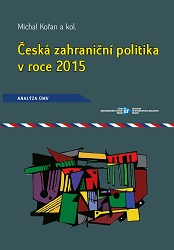
Spojené státy americké jsou dlouhodobě považovány za klíčového partnera a spojence České republiky na mezinárodní scéně. Vzájemné vztahy, kterým byly položeny silné základy v době prezidentství Václava Havla, jsou postaveny na třech pilířích. Ty se v dlouhodobém horizontu příliš nemění, přičemž hlavní roli v systému vzájemných vztahů hraje spolupráce v oblasti ekonomické, obranné a bezpečnostní a společných hodnot a lidských práv. Po důstojných oslavách 25. výročí sametové revoluce v listopadu 2014, které vyvrcholily slavnostním odhalením busty V. Havla v prostorách amerického Kongresu doprovázeným prohlášeními premiéra Bohuslava Sobotky a předsedy Poslanecké sněmovny PČR Jana Hamáčka o důležitosti odkazu Václava Havla, by se možná dalo očekávat, že rok 2015 bude pro česko-americké vztahy rokem obnovy lidskoprávní agendy a společných postojů ke klíčovým událostem na mezinárodní scéně. Tato očekávání byla ovšem veskrze lichá.
More...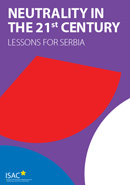
I have been asked to present at this opening panel some historical background information on the European neutrals in the Cold War. As we will talk more specifically about the experiences of individual neutral states tomorrow, I will mainly focus here tonight on the ideological and systemic conflict between the superpowers and on what this meant for the practice of neutrality during the period from 1945 to 1989.
More...
I will make an attempt to briefly present the key determinants and content guidelines of the Yugoslavian non-aligned policy, but also to indirectly indicate the contact points and differences between this policy and the concept of neutrality itself. After a period of uncritical glorification, followed also by euphoric satanization of the non-aligned concept, finally the time has come, based on relevant archive material, to provide real answers, at least to some elementary questions in this field. Some of them are: if this policy was in fact desired or forced; how difficult was it to prompt sometimes unwilling partners who were not belonging to neither of political-military blocks to cooperate, and finally, why Yugoslavia distanced itself from Europe and connected to far away and unknown civilizations.
More...